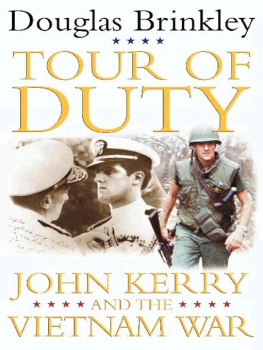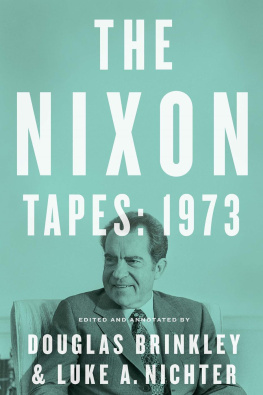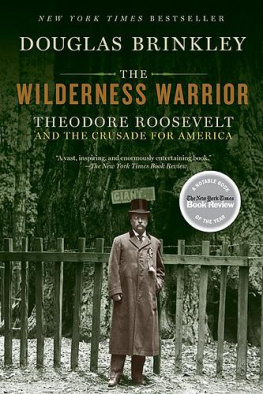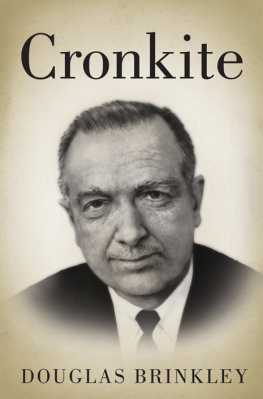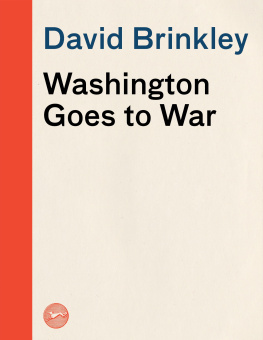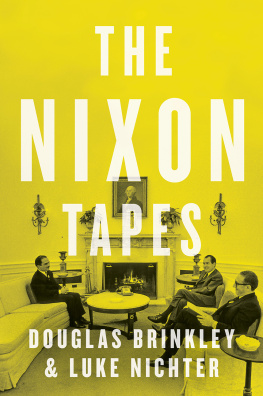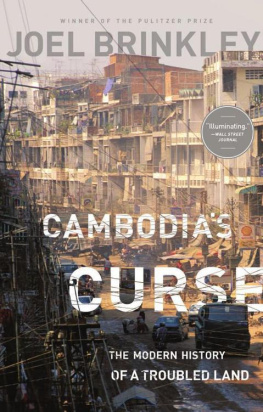Douglas Brinkley - Tour of Duty
Here you can read online Douglas Brinkley - Tour of Duty full text of the book (entire story) in english for free. Download pdf and epub, get meaning, cover and reviews about this ebook. year: 2009, publisher: HarperCollins, genre: Detective and thriller. Description of the work, (preface) as well as reviews are available. Best literature library LitArk.com created for fans of good reading and offers a wide selection of genres:
Romance novel
Science fiction
Adventure
Detective
Science
History
Home and family
Prose
Art
Politics
Computer
Non-fiction
Religion
Business
Children
Humor
Choose a favorite category and find really read worthwhile books. Enjoy immersion in the world of imagination, feel the emotions of the characters or learn something new for yourself, make an fascinating discovery.
- Book:Tour of Duty
- Author:
- Publisher:HarperCollins
- Genre:
- Year:2009
- Rating:5 / 5
- Favourites:Add to favourites
- Your mark:
Tour of Duty: summary, description and annotation
We offer to read an annotation, description, summary or preface (depends on what the author of the book "Tour of Duty" wrote himself). If you haven't found the necessary information about the book — write in the comments, we will try to find it.
One of our most acclaimed historians explores the decorated military service of one of Americas most intriguing politiciansthe leading Democratic presidential candidate for 2004and its profound effects on his career and life
In Tour of Duty, Brinkley explores Senator John Kerrys career and deftly deals with such explosive issues as U.S. atrocities in Vietnam and the bombing of Cambodia. Using new information acquired from the recently released Nixon tapes, Brinkley reveals how White House aides Charles Colson and H.R. Haldeman tried to discredit Kerry. Refusing to be intimidated, Kerry started running for public office, eventually becoming a U.S. Senator from Massachusetts.
Covering more than four decades, this is the first full-scale definitive account of Kerrys journey from war to peace. In writing this riveting, action-packed narrative, Brinkley has drawn on extensive interviews with virtually everyone who knew Kerry well in Vietnam. Kerry also relegated to Brinkley his letters home from Vietnam and his voluminous “war notes” journals, notebooks, and personal reminiscences written during and shortly after the war. This material was provided without restriction, to be used at Brinkleys discretion, and has never before been published.
Douglas Brinkley: author's other books
Who wrote Tour of Duty? Find out the surname, the name of the author of the book and a list of all author's works by series.

